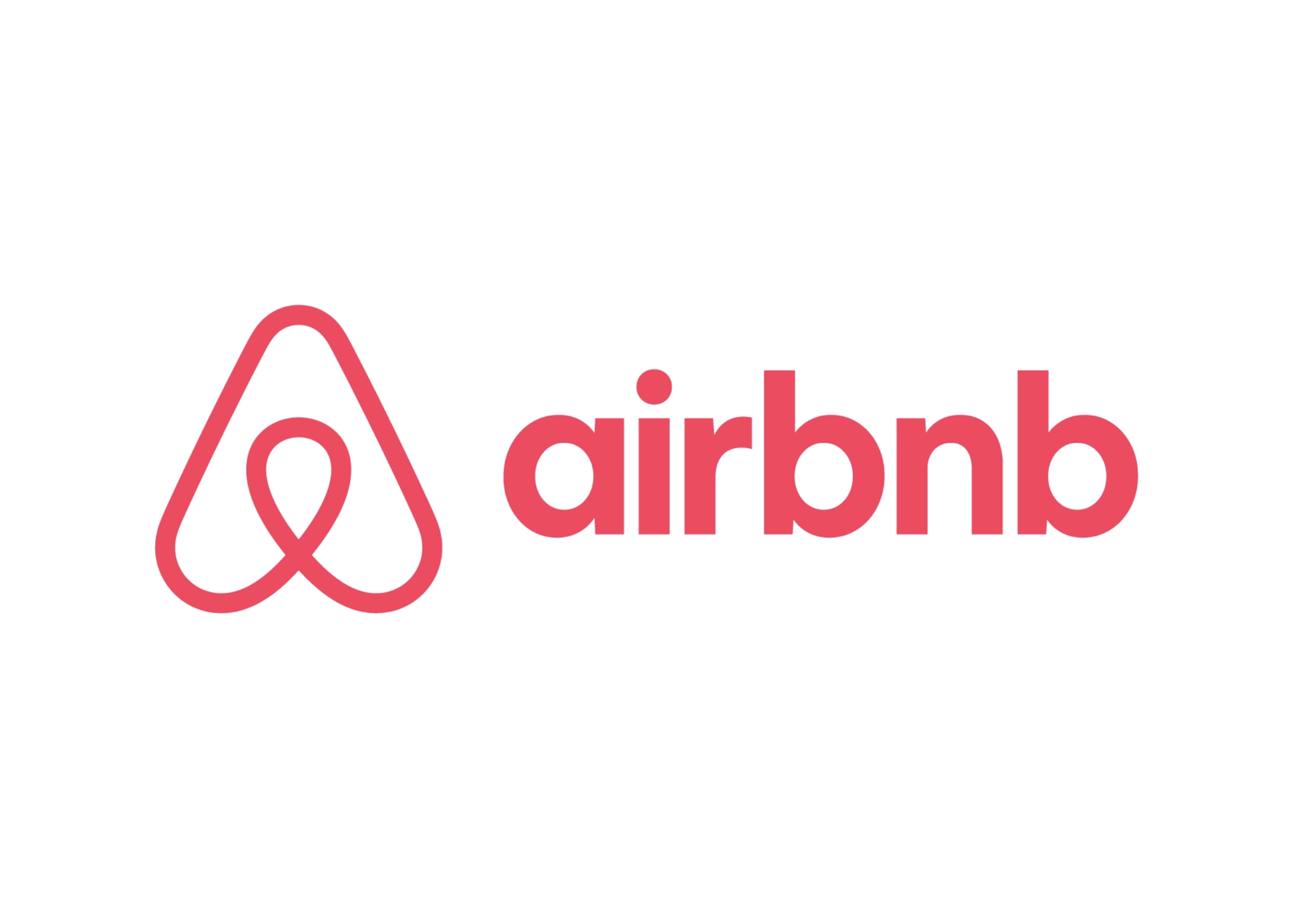A Peek into Thailand’s Hottest Star’s World: 10 Facts You Should Know About Freen
Get an exclusive peek into the world of Freen Sarocha: uncover 10 facts ...

It’s an ongoing debate amongst companies: do we go back to working in the office full-time, part-time, or something entirely different? For Airbnb, it’s the latter. CEO Brian Chesky recently announced that Airbnb staff could continue to work from home forever, without losing pay, adding that staff could also work from anywhere, including overseas.
In an interview with Time magazine about corporate culture and work space design, Chesky explains his stance: “I think that the office as we know it, is over. It’s kind of like an anachronistic form. It’s from a pre-digital age. If the office didn’t exist, I like to ask, would we invent it? And if we invented it, what would it be invented for? Obviously, people are going to still go to hospitals and work, people are going to still go to coffee shops and work—those spaces make complete sense. But I think that for somebody whose job is on a laptop, the question is, well, what is an office meant to do?”
The CEO of the vacation rentals company, who is an industrial designer by training, cites a significantly increased talent pool as one of the merits of embracing remote work. Finding the right person for the job can make or break a company. Whereas in the past, radius would restrict the number of eligible applicants for a position (maybe even down to zero), in the current reality, where a candidate lives is no longer a deal-breaker—for either sides.
To be fair, Airbnb’s work model is quite out there, even for companies like Google and Apple who champion the three days a week in the office work model. Chesky isn’t convinced of the sustainability of these hybrid models. His alternative is for employees to meet up in person about one week per quarter.
“My prediction is three days a week becomes two days a week, and two days a week becomes one day a week, and pretty soon are you really in a hybrid world, or are you mostly a remote world?” he said. “The solution is going to be a true hybrid, not three days in the office. It’s going to be total flexibility, and then gathering in an immersive way when you need. This is going to be how most technology companies will operate. And I believe almost every company will be a technology company in 10 years. Technology will proliferate so much that every company will just feel more like a technology company. There will be some analog companies—there will still be coffee shops. But even media companies are becoming tech companies; it’s all converging.”
While Apple and Google may not yet be onboard with Chesky’s vision, it seems that a few tech and e-commerce company dominating the Southeast Asian market are close to being. E-commerce giant Shopee, for example, has implemented a weekly rotation for its various teams for working in the office while also maintaining a great deal of flexibility for staff who request extra remote work time. The caveat of course is that employees are able to prove their productivity and integrity to the company while they are physically absent from the office.
People will still need to meet face-to-face, Chesky assures, “but it’ll be for different purposes, for collaboration spaces.”
Ultimately, what has given Airbnb the confidence to endorse remote working this radically is the productivity the company experienced in the last two years of not going into the office. After the initial setbacks caused by the Covid-19 pandemic in 2020, Airbnb managed to increase its annual revenue to US$5.99 billion in 2021, about a 25% increase from 2019. In 2022, Airbnb has 2.9 million hosts on the platform and are growing by about 14,000 hosts per month.
Chesky says that if anybody wants to know what the future workplace looks like, they need only look at young companies. “Young companies basically don’t have any legacy. And young companies are flexible, they’re mobile, they’re kind of more nomadic. I think that’s probably what the workplace of the future will look like in 10 years.”
Get an exclusive peek into the world of Freen Sarocha: uncover 10 facts ...
In a cinematic landscape saturated with remakes, reboots and sequels, you might ...
These top 5 barber shops in Bangkok are where gentlemen can elevate ...
While traditional TV shows are serving us endless boy-meets-girl tales. Thailand has ...
Pets, as cherished members of our families, deserve rights and protections that ...
The internet makeup obsession straight out of Bangkok’s streets! Thai makeup zeroes ...
Wee use cookies to deliver your best experience on our website. By using our website, you consent to our cookies in accordance with our cookies policy and privacy policy